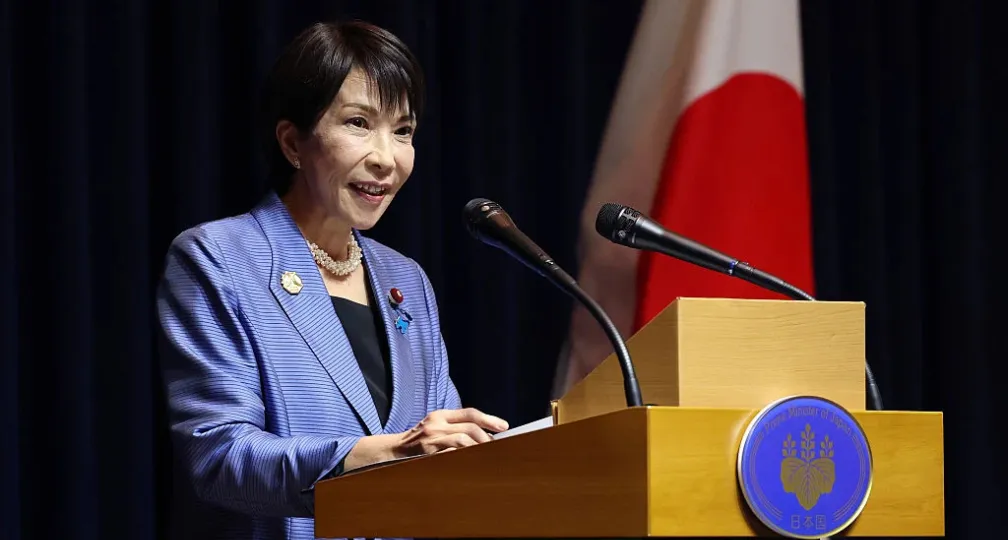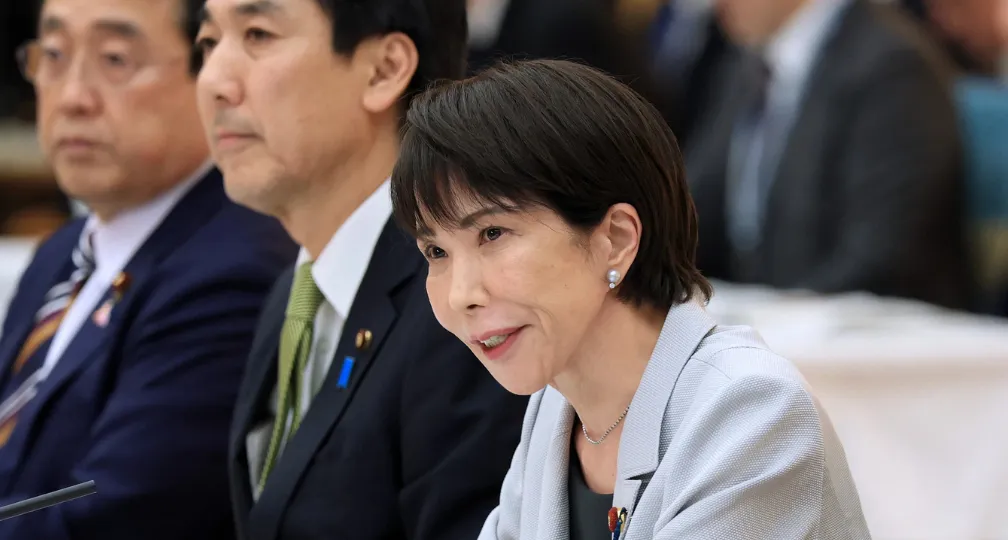解説 アルバニア総選挙:「2030年のEU加盟」という悲願に向けて
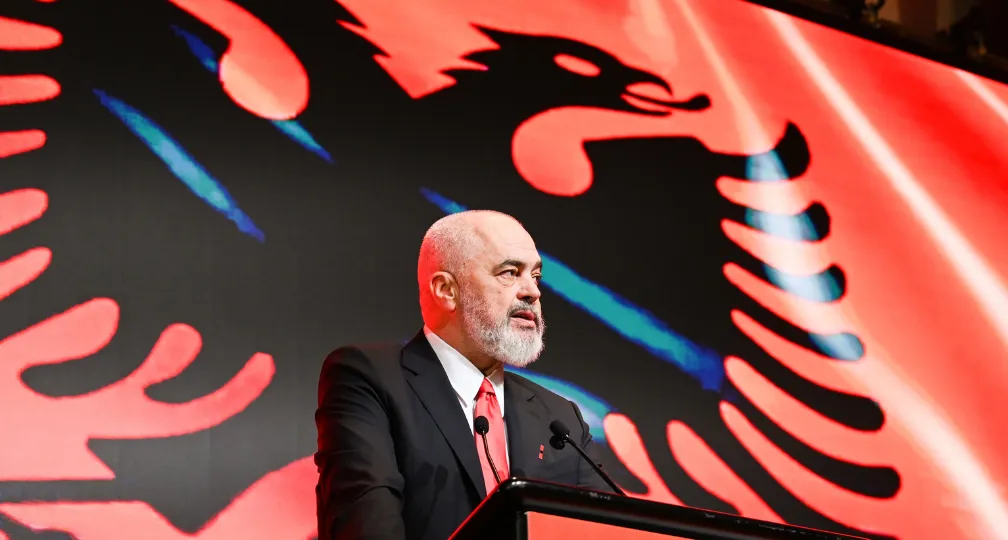
解説 アルバニア総選挙
2025年5月11日、西バルカンのアルバニアで総選挙(定数140、小選挙区制)が実施された。与党の社会党(PS)が9議席増の83議席を獲得し、同党を率いるエディ・ラマ首相の4期目の続投が確実になった。一方、野党第一党の民主党(PD)は50議席と議席を13議席減らす結果となった。
今回の議会選挙は、同国において初めて在外投票が認められた選挙でもあり、国内で生まれたアルバニア人の1/3以上が国外で生活していることから、選挙結果に何かしらの影響を与える可能性が一部で指摘されていた。しかし、選挙戦は盛り上がりを欠き、暫定投票率は過去最低であった2021年選挙を下回る46.5%となった。
より詳細に結果をみると、社会党は「EUの中のアルバニア2030」をスローガンに掲げ、選挙戦を展開した。アルバニアとEUの間では、2014年にEU加盟候補国の地位を獲得、2022年7月からはEU加盟交渉が開始されており、アルバニア国内の制度改革が急ピッチで進められている。
検察庁から独立して2019年に設置された汚職・組織犯罪対策特別検察局(SPAK)は、こうした改革の代表的な取り組みの一例であり、同局は社会党のエリオン・ヴェリアジ(ティラナ市長)や後述の野党・民主党のベリシャ党首に対する捜査を行うことで実績を上げつつある。国際NGOトランスペアレンシー・インターナショナルによる「腐敗認識指数」の最新結果は、隣国モンテネグロ(46/100点)とともに、アルバニアへの評価(42点)がEU加盟国であるハンガリー(41点)の数値を上回るものとなった。
選挙翌日の2025年5月12日、アントニオ・コスタ欧州理事会常任議長は、アルバニアとモンテネグロが他国に先駆けてEUに加盟する可能性があるとの見解を示した。アルバニアは経済的には依然として欧州の最貧国の一つであるが、観光業や建設業を中心に堅調に経済成長を遂げており、民族問題や歴史問題を抱えるボスニア・ヘルツェゴビナや北マケドニア、民主主義の後退が指摘され交渉が停滞しているセルビアと比べると、内政・外交ともに比較的安定している。また、ユーロバロメーターの調査によれば、EU加盟に対するアルバニア国民の支持率は77%となっており、西バルカン地域の中で最も強固な支持を得ている。
ラマ首相による長期政権に対する不満は少なくないものの、アルバニアのEU加盟実現に向けた野心的な姿勢とさらなる改革の継続への期待が今回の選挙での支持につながったものといえる。EU加盟交渉を順調に進められるか否かは、今後のラマ政権に対する国民の支持を左右する重要な要素となろう。
議席を減らすこととなった民主党に関しては、一部の欧米メディアにおいて、同党がトランプ大統領の選挙対策本部長を務めたクリス・ラチヴィタを党公式の選挙戦略担当として起用したことが注目されていた。「米国を再び偉大に」に倣ってか、民主党の選挙運動のモットーは「アルバニアを再び偉大に」であった。
しかし、そうした元トランプ政権関係者の起用と選挙戦略は、今回の選挙での民主党の議席の増加には結びつかなかった。民主党を率いるサリ・ベリシャ党首は、1992年から1997年にかけて大統領を務め、さらに2005年から2013年まで首相も歴任した実力者であるが、近年、民主党はベリシャ党首とルルジム・バシャ前党首との対立をはじめとして深刻な内紛に陥っている。現地報道によれば、ベリシャ党首は今回の選挙における自身の責任を認めない姿勢を示しているとされ、党内の分断がさらに深まる可能性も考えられる。
なお、ベリシャ党首は「大規模な不正があった」と主張し、選挙結果自体も受け入れない姿勢を示している。しかし、欧州安全保障協力機構(OSCE)の暫定評価は、与党による公的資金の乱用や脅迫の事例が一部で確認されたものの、選挙は競争的に実施され、生体認証や電子投票をはじめとする最新技術の導入によって透明性の向上が図られた結果、選挙の運営は概ね円滑であったと結論付けている。
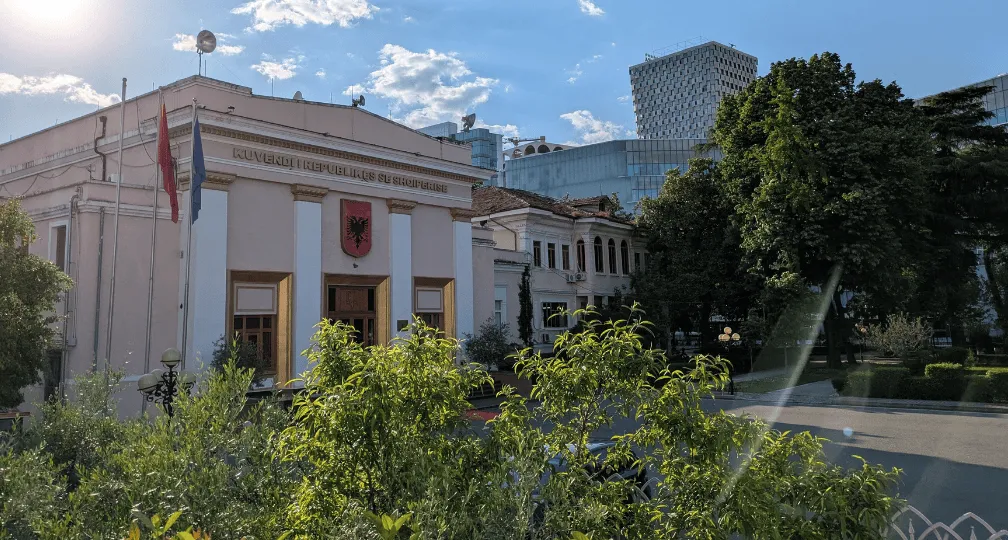
国会議事堂

社会党の選挙ポスター

民主党の選挙ポスター
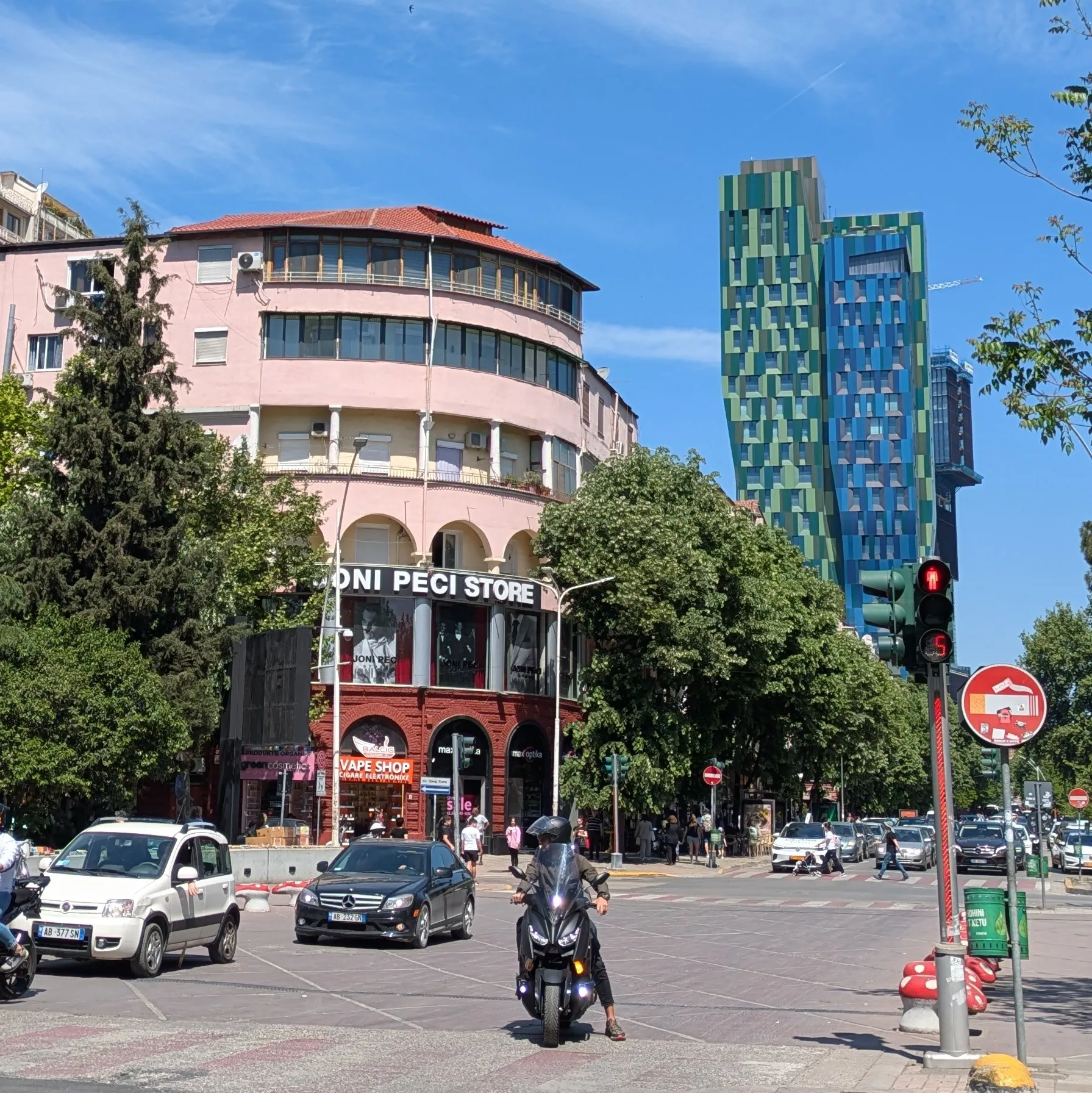
首都ティラナの街並み(1)
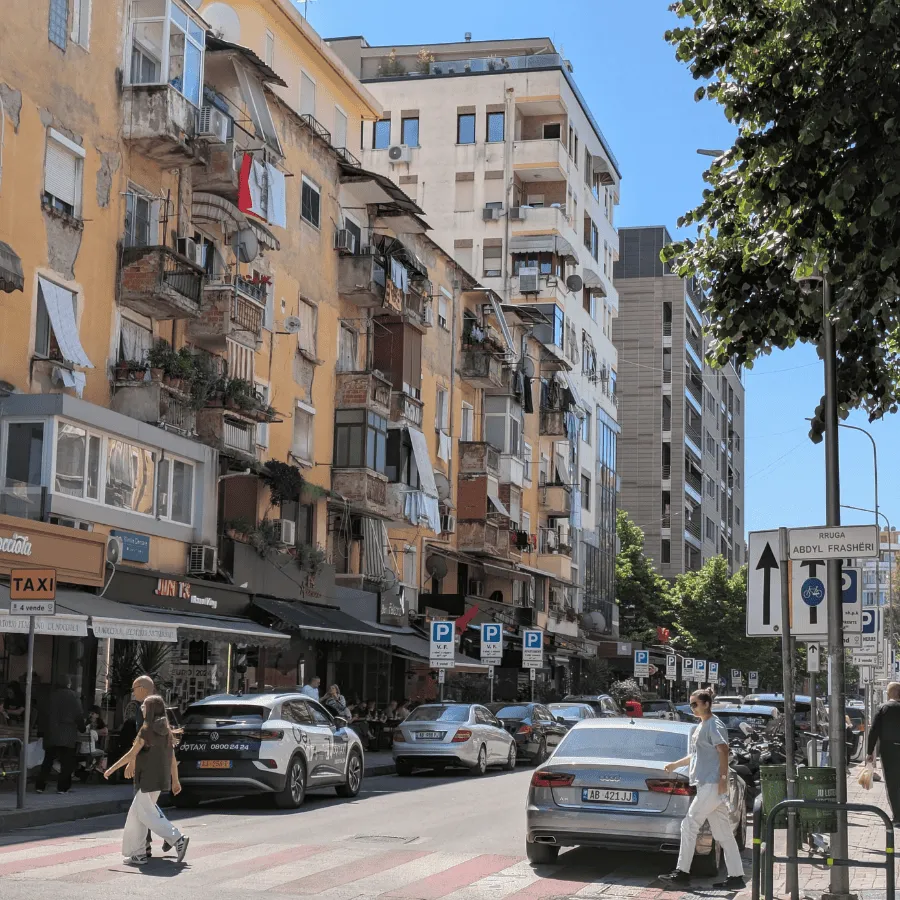
首都ティラナの街並み(2)
(画像出典:サムネイル画像=Shutterstock、
その他画像=筆者撮影)
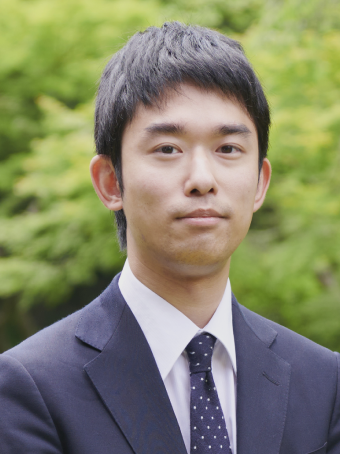

Research Fellow,
Digital Communications Officer
Yusuke Ishikawa is Research Fellow and Digital Communications Officer at Asia Pacific Initiative (API) and Institute of Geoeconomics (IOG). His research focuses on European comparative politics, democratic backsliding, and anti-corruption. He also serves as External Contributor for Transparency International’s Anti-Corruption Helpdesk, as Associate Research Fellow at the EUROPEUM Institute for European Policy, and as Part-time Lecturer in European Affairs at the Department of Economics and Business Management, Saitama Gakuen University. Prior to his current roles, Research Associate at IOG and API, contributing to its translation project of Critical Review of the Abe Administration into English and Chinese. Previously, he has worked as Research Assistant for API's CPTPP program and interned with its Fukushima Nuclear Accident and Abe Administration projects. His other experience includes serving as a visiting research fellow at EUEOPEUM Institute, a full-time research intern at Transparency International Hungary, and as a part-time consultant with Transparency International Defence & Security in the UK. His publications include "NGOs, Advocacy, and Anti-Corruption" (In Routledge Handbook of Anti-Corruption Research and Practice, 2025) and A Dangerous Confluence: The Intertwined Crises of Disinformation and Democracies (Institute of Geoeconomics, 2024). He has been featured in national and international media outlets including Japan Times, NHK, TV Asahi, Neue Zürcher Zeitung (NZZ), Handelsblatt, Expresso, and E-International Relations (E-IR). He received his BA in Political Science from Meiji University, MA in Corruption and Governance (with Distinction) from the University of Sussex, and another MA in Political Science from Central European University. During his BA and MAs, he also acquired teacher’s licenses in social studies in secondary education and a TESOL (Teaching English to Speakers of Other Language) certificate. [Concurrent Positions] Associate Research Fellow, EUROPEUM Institute for European Policy, Czechia External Contributor Consultant, Anti-Corruption Helpdesk, Transparency International Secretariat (TI-S), Germany Part-time Lecturer, Department of Economics and Business Management, Saitama Gakuen University, Japan
View Profile-
 Trump, Takaichi and Japan’s Strategic Crossroads2026.02.03
Trump, Takaichi and Japan’s Strategic Crossroads2026.02.03 -
 Analysis: When Is a Tariff Threat Not a Tariff Threat?2026.01.29
Analysis: When Is a Tariff Threat Not a Tariff Threat?2026.01.29 -
 Takaichi’s Strengths and the Need for ‘Strategic Signaling’2026.01.23
Takaichi’s Strengths and the Need for ‘Strategic Signaling’2026.01.23 -
 Takaichi’s Twin Challenges: Economic Growth and Security2026.01.13
Takaichi’s Twin Challenges: Economic Growth and Security2026.01.13 -
 It’s Now or Never: India’s Ambitious Reform Push2026.01.09
It’s Now or Never: India’s Ambitious Reform Push2026.01.09
 Oil, Debt, and Dollars: The Geoeconomics of Venezuela2026.01.07
Oil, Debt, and Dollars: The Geoeconomics of Venezuela2026.01.07 It’s Now or Never: India’s Ambitious Reform Push2026.01.09
It’s Now or Never: India’s Ambitious Reform Push2026.01.09 The “Economic Security is National Security” Strategy2025.12.09
The “Economic Security is National Security” Strategy2025.12.09 Analysis: When Is a Tariff Threat Not a Tariff Threat?2026.01.29
Analysis: When Is a Tariff Threat Not a Tariff Threat?2026.01.29 Navigating Uncertainty in U.S. Space Policy: Decoding Elon Musk’s Influence2025.04.09
Navigating Uncertainty in U.S. Space Policy: Decoding Elon Musk’s Influence2025.04.09




